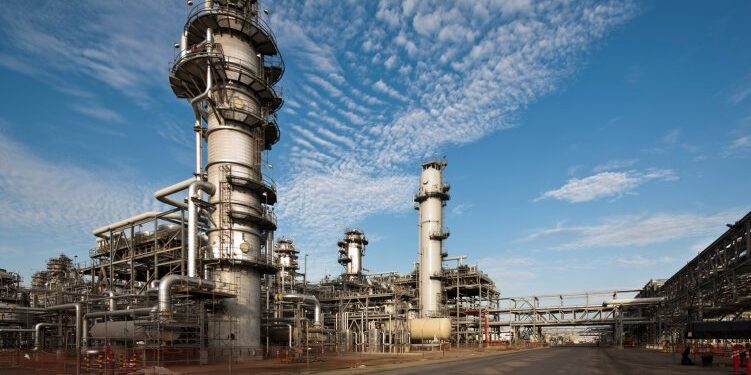The Minister of Mineral Resources and Oil, Diamantino Azevedo, acknowledged difficulties in financing refineries but assured that the government remains focused on achieving self-sufficiency in refined products. He emphasized that these projects would be successfully completed.
Speaking at the inaugural “Conversas sem Makas,” a forum initiated by journalist and economist Carl Rosado de Carvalho, Minister Azevedo reviewed his tenure since 2017.
He highlighted the importance of Angola’s mineral resources, describing them as a “blessing” that can be misused.
“Oil has already contributed significantly to this country,” Azevedo stated, stressing the need for Angola to maximize the use of each barrel of oil more effectively and differently.
Azevedo outlined plans to develop sectors such as refining, petrochemicals, and fertilizers, noting that these could diversify the uses of oil, which drives the national economy.
However, he emphasized the need for a well-defined strategy and collaboration beyond the executive branch, involving businesspeople.
Discussing the government’s goal to stabilize production at around one million barrels per day, Azevedo highlighted successful investment attraction despite increasing challenges like competition from other producers and the energy transition.
“We must remain vigilant, work closely with investors, and create a conducive environment for more investment. It’s a continuous effort,” he said.
Azevedo mentioned ongoing refinery projects in Luanda, Cabinda, Soyo, and Lobito, acknowledging financing difficulties.
“There are challenges, both internal and external, due to the current international context, but we are determined to overcome them,” he stated.
The Luanda refinery, operational since the 1960s, has had its capacity quadrupled. However, the Soyo refinery project, handed to the US consortium Quanten, still lacks necessary financing.
Similarly, the Cabinda refinery project, involving Gemcorp and Sonangol, has faced multiple delays, with production now expected to start early next year. Azevedo mentioned that Sonangol has been assisting with financing and hinted at future discussions to review participation terms.
The Lobito refinery, the largest with a 200,000 barrels per day capacity, has also encountered financing issues.
Currently owned by Sonangol, the project has seen several interruptions. “We are open to partners willing to invest and become shareholders,” Azevedo emphasized.
Additionally, Azevedo announced that the Barra do Dande ocean terminal would be completed in the second half of this year, with plans to build a gas cylinder factory and house part of a hydrogen project.
He noted that the terminal, increasing storage capacity by 300 cubic meters, is crucial for implementing the country’s energy security reserve law and will be supported by smaller storage facilities in the provinces.
![]()




